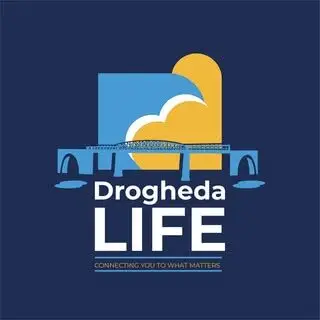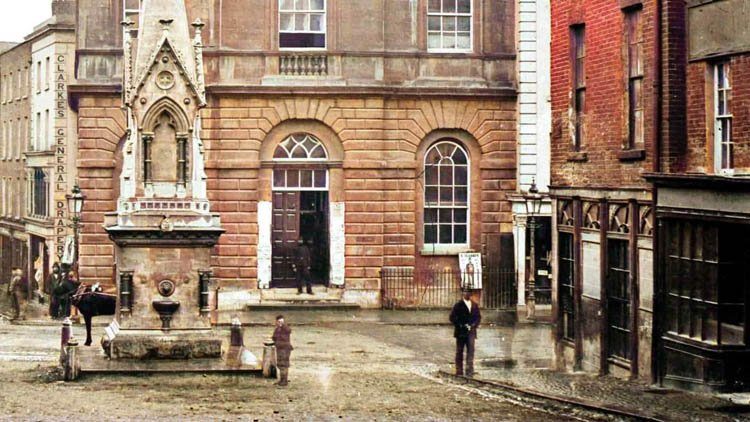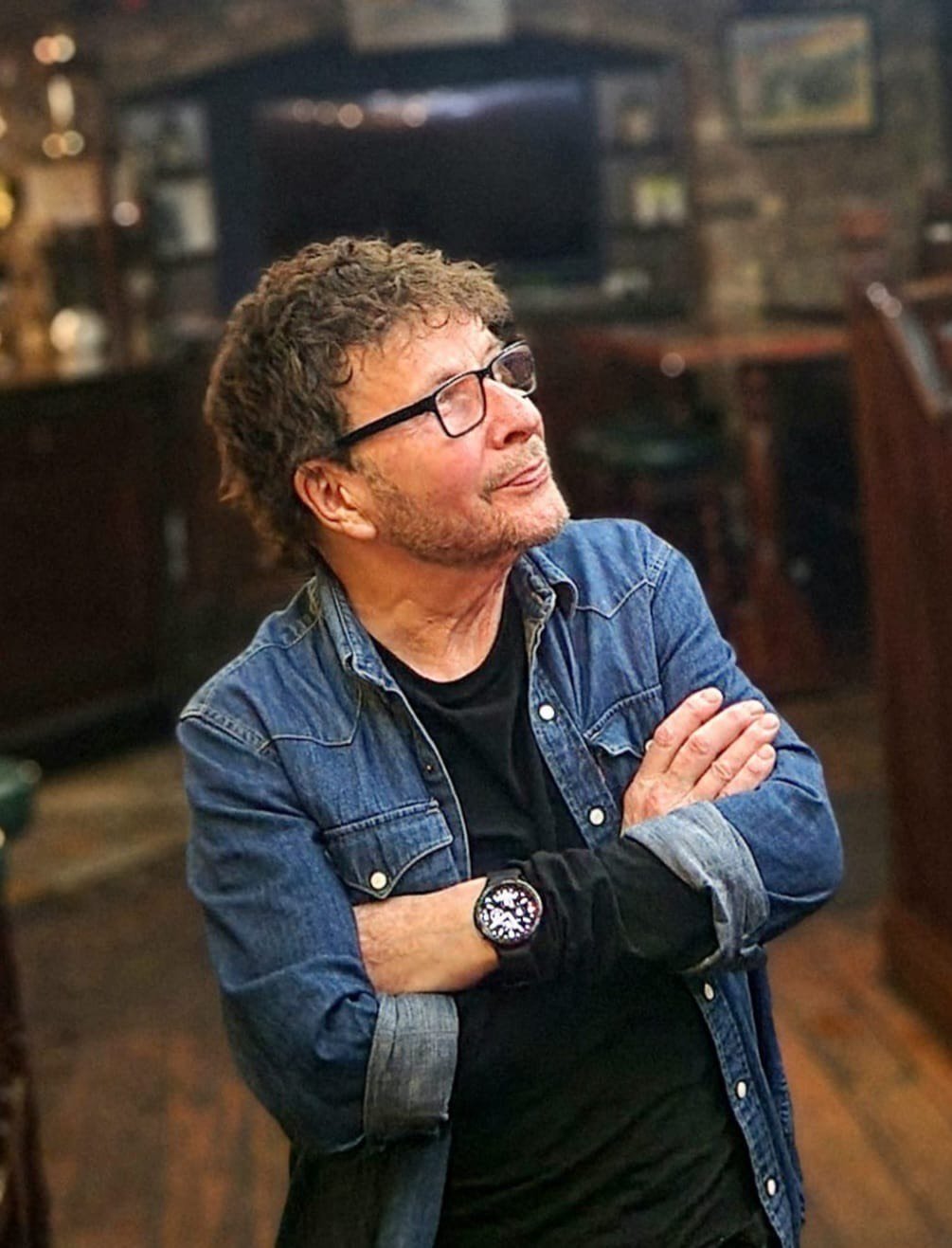It has been stated several times recently that Brother Edmund Garvey was the first person ever to have the freedom of Drogheda taken from them but that is incorrect. Back in 1798 a gentleman by the name of James Napper Tandy was given the same treatment but for different reasons. Historian Sean Collins has the details…
Theobald Wolfe Tone and James Napper Tandy, the founders of the United Irishmen had close connections with Drogheda. Tone practised as a barrister and makes many references to Drogheda in his diaries. Tandy will always be remembered from the song we learned at school;
“I met with Napper Tandy and he
Took me by the hand
He said “How’s dear old Ireland
And how does she stand?”
She’s the most distressful country that
You have ever seen
For they’re hanging men and women for
The wearing of the green.”
Talking of hangings, in 1876 a monument to acknowledge the good work of Benjamin Whitworth MP was erected, supported by public subscription, at the bottom of Peter Street in Drogheda (see above). The site was carefully chosen to help wipe from memory the fact that the town’s gallows had once been there.
Napper Tandy had many Drogheda links including an ancestor Captain Thomas Tandy who served at the Cromwellian Siege of Drogheda in 1649. James Napper Tandy (1737?–1803), merchant, volunteer, and radical politician, was born in the Cornmarket, Dublin. James Napper Tandy was admitted to the Quaker school at Ballitore, Co. Kildare, on 5 April 1749.

Little is known of his youth and early career, but it can be assumed that he kept up his father’s connection with Co. Meath, for his wife, Anne (1736?–1819), was a daughter of James Jones of Whitehall, near Platten, about 30 km east of Kells.
She was described, when they married in 1765, as ‘an agreeable lady with a large fortune’ (Freeman’s Journal, 26 Feb. 1765).
The only “Whitehall” I can find near Platten is a house called Whitehall on the Rathmullen Road, on the site where St. Oliver’s College is now. It is shown on the 1836 Ordnance Survey Map.
James Jones is listed on the Dublin guild of Merchant’s 1768 list, as was Tandy’s father John. Whitehall was the home of the Cathcart family in the 1800’s and the Curran family in the 1900s.
Tandy followed his father into trade and first appeared in Wilson’s Dublin Directory in 1779, when he was described as a merchant of 16 Dorset Street. In later issues he was said to be of 21 Cornmarket (1780–83), 180 Abbey Street (1785), and 67 or 97 Bride Steet (1786–95).
He was admitted, by birth right, to the guild of merchants (24 October 1760), and was elected warden (1786), junior master (1788), and finally senior master (1789) of the guild. He is referred to by Sir Edward Newenham of Belcamp, Co. Dublin, as ‘agent for my landed estate’ (July 1784).
Prospering, Tandy took shares in the Grand Canal Company (1783) and in the Dublin Insurance Company against Fire (1783); he was a founder member of the Dublin Chamber of Commerce (1783) and was eventually elected a trustee of the prestigious Royal Exchange (December 1791).
During the 1798 rebellion James Napper Tandy as a co-founder of the Society of the United Irishmen was a wanted man.. He fled the country to avoid arrest for having taken the oath of the Defenders Society and ended up in France. He was made a general by the French government and sent to attack Ireland at the same time as General Humbert.
Drogheda has several connections with the Tandy family. John Tandy was a Sherriff of the Corporation in 1798 and Burton Tandy was the Mayor of Drogheda in 1800. James Napper Tandy purchased the Freedom of Drogheda for himself in 1792 to gain voting rights as he was not a native of the town.

Napper Tandy’s wife Jane and her family are buried in St Mary’s Churchyard in Julianstown (Pictured above). John Tandy their eldest son is buried in Castlebellingham.
Having learned of Humbert’s defeat Tandy sailed from Donegal to Norway but was later captured by the English. Sentenced to death at a court in Lifford, he cheated the gallows thanks to the intervention of Napoleon, who insisted on his extradition.
Napper Tandy died in Bordeaux on 24 August 1803 leaving an estranged wife, a mistress, a child, and an estate. He bequeathed his military chest to his son James and the remainder to his mistress Marie Barrière.
An entry in the Freedom Book of the Corporation of Drogheda from 1798 makes interesting reading:
‘Resolved unanimously, that James Napper Tandy, a free member of this corporation be disfranchised, for being notoriously disaffected, and disloyal, to the King and Constitution and an outlaw, and for having lately appeared on the Coast of this Kingdom, in a hostile manner with a body of French Troops, sent to invade the country.’
Up until this week James Napper Tandy was the only person to be struck off the list of Freemen of Drogheda.






